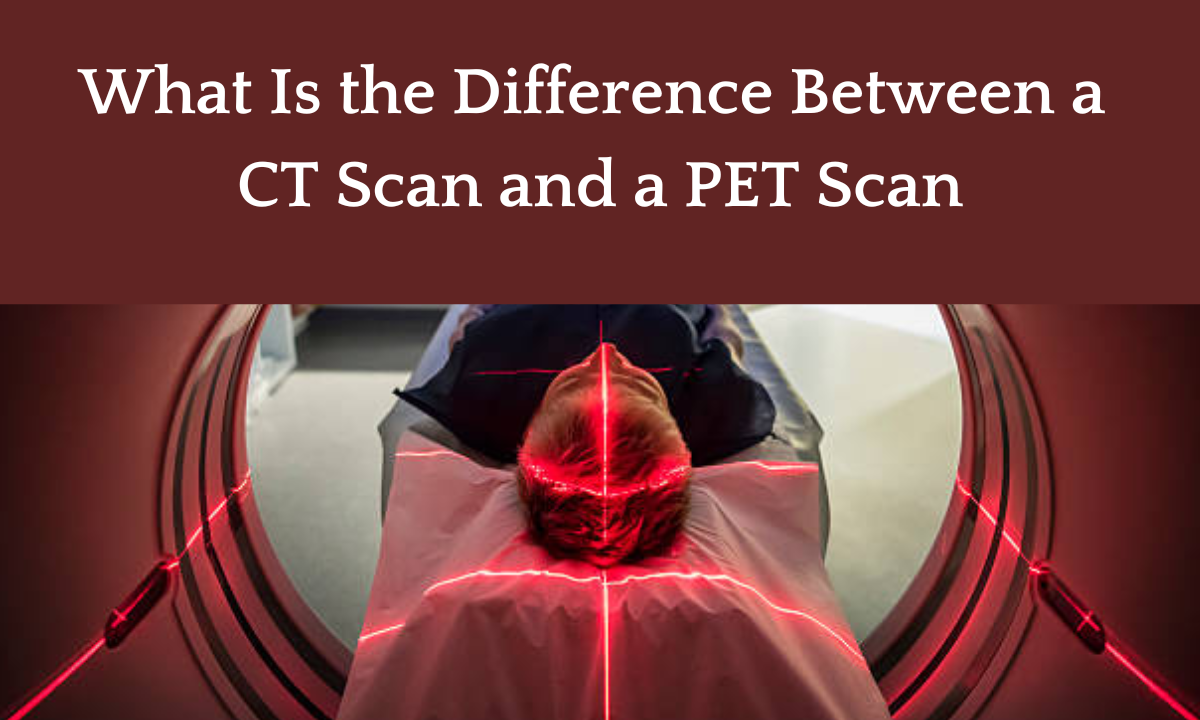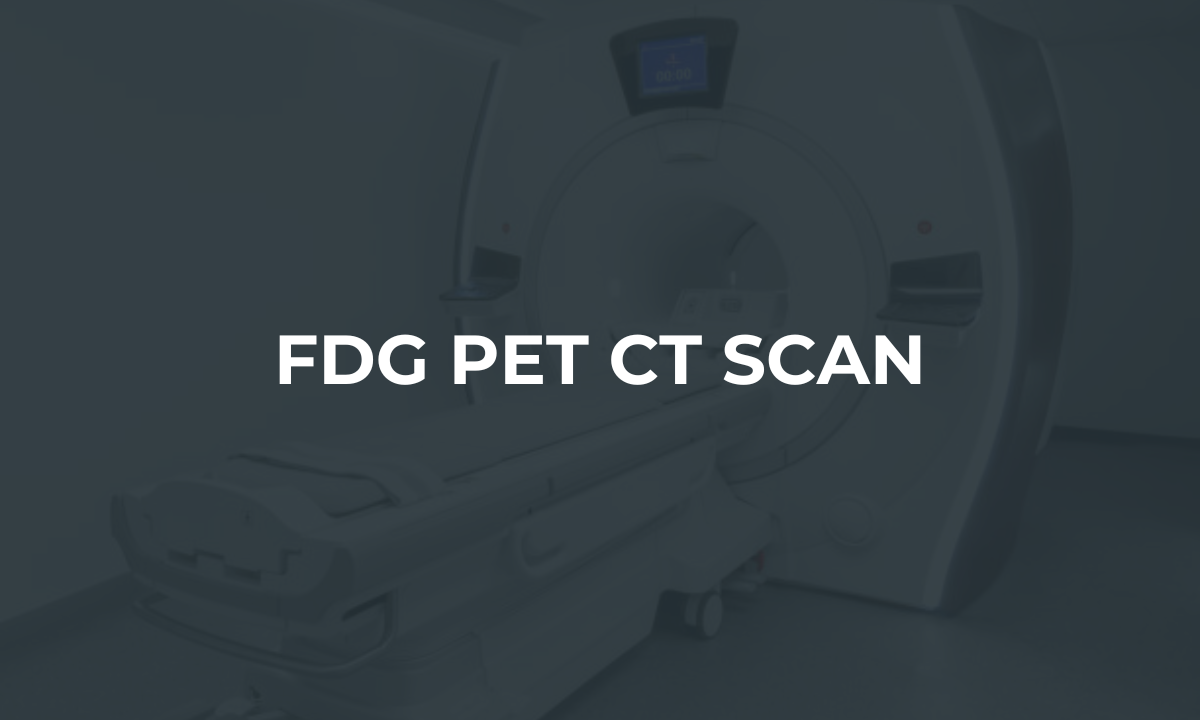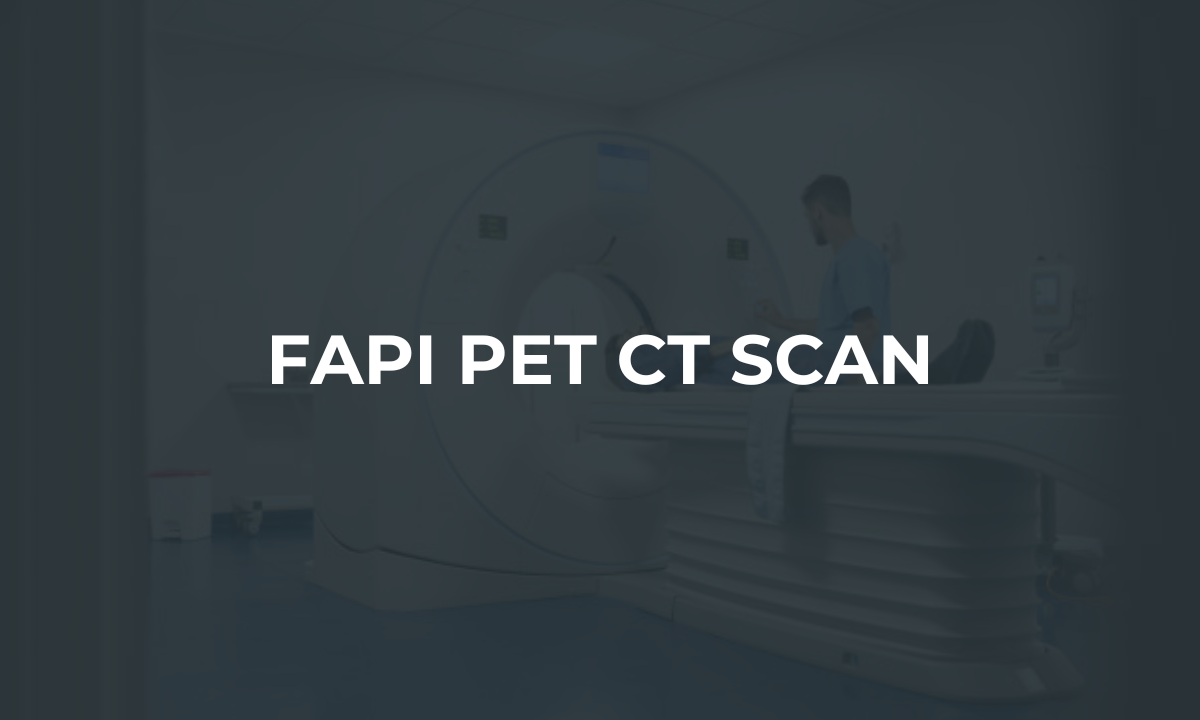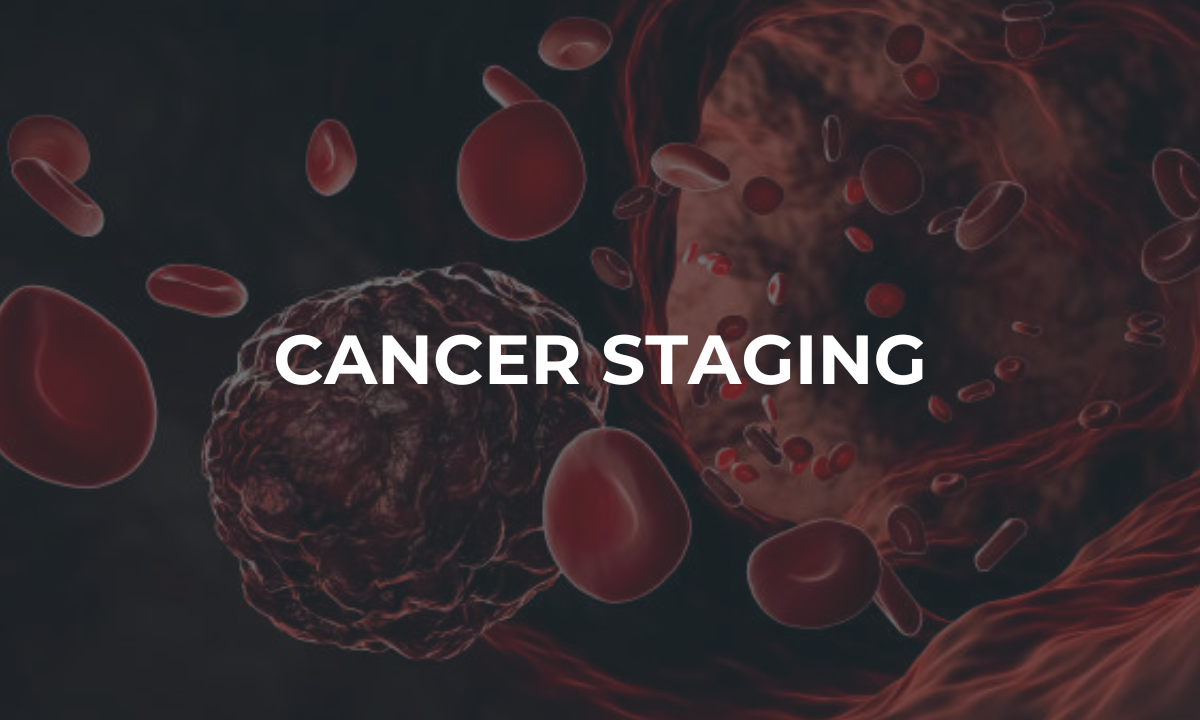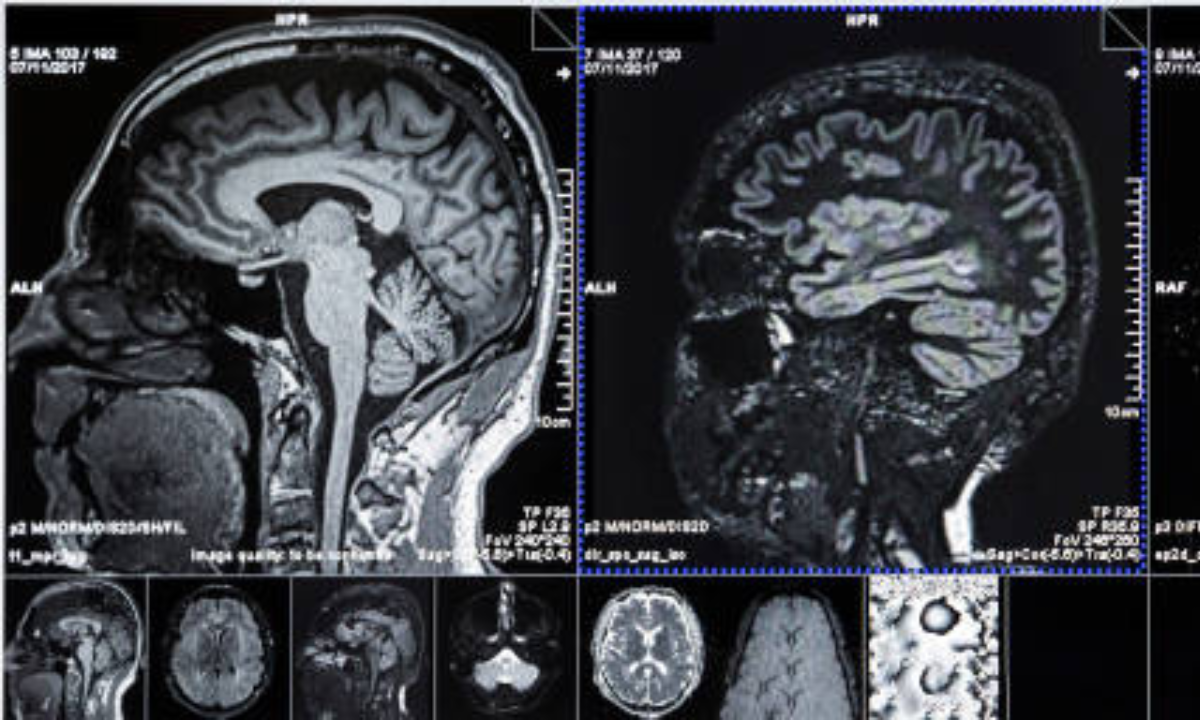CT scans and PET scans are important medical imaging procedures used to diagnose and monitor a variety of health issues. Understanding the distinctions between these two strategies can allow you to make better healthcare decisions. This article aims to educate readers on the distinctions between CT scans and PET scans, stressing their applications, functionality, and key differences.
A reputable diagnostic center in Bangalore may do CT and PET scans for several diagnoses. CT scans generate detailed images of internal structures like bones, blood arteries, and soft tissues, making them effective for spotting physical disorders. PET scans, on the other hand, employ a radioactive tracer to detect metabolic activity, which is critical for diagnosing cancer, heart disease, and neurological diseases. Learning more about these treatments may help you decide which scan is best for your individual medical needs.
Understanding CT Scans
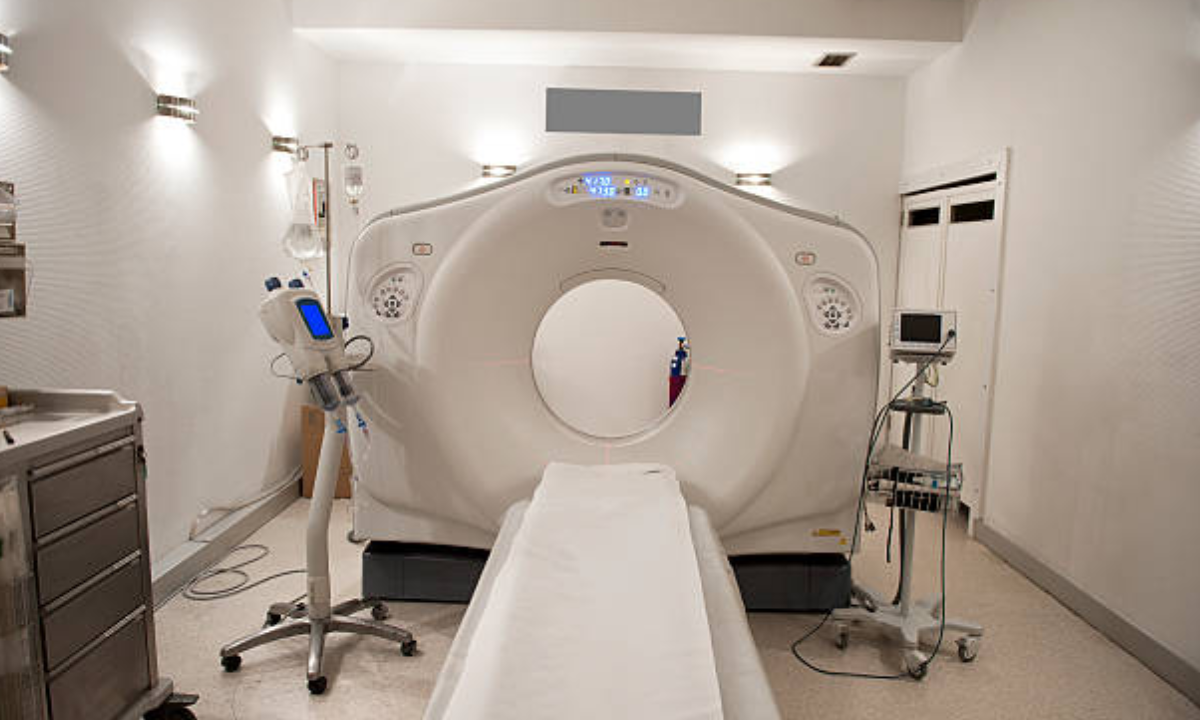
CT scans (Computed Tomography) are advanced imaging techniques that use X-rays to provide detailed cross-sectional images of the body’s internal systems. These scans are particularly useful because they combine many X-ray images obtained from various angles to provide a complete picture of the body’s internal components, including bones, blood vessels, and soft tissues. CT scans, with their improved imaging capabilities, are useful for diagnosing and monitoring a wide range of medical conditions.
For individuals in need of this service, a CT scan Centre in Bangalore provides cutting-edge technology that ensures accurate and dependable results. CT scan technology allows healthcare practitioners to properly identify abnormalities, create therapies, and track progress. CT scans provide critical information that influences medical decisions, whether utilized to detect fractures, cancers, or infections. Patients can appreciate the role that CT scans play in maintaining and improving health if they understand its significance and use.
How CT Scans Work
A CT scan involves lying on a table that glides smoothly into a circular scanner. This apparatus circles you, sending X-rays through your body at various angles. These X-rays are detected by detectors on the other side and processed by a computer to provide comprehensive cross-sectional images. These scans provide doctors with crucial insights into your internal systems, allowing them to identify abnormalities such as tumors, fractures, and infections.
If you need a CT scan in Bangalore, there are several outstanding medical institutes with cutting-edge equipment. CT scan images are extremely useful for diagnosing a wide range of illnesses, establishing treatment strategies, and assessing the efficacy of continuing therapies. Understanding how CT scans work might help patients feel more informed and confident about the procedure and its role in their healthcare journey.
Understanding PET Scans
PET (Positron Emission Tomography) scans are specialized imaging techniques that use a small quantity of radioactive tracer to show how different body regions function. PET scans, unlike other imaging modalities, focus on areas of aberrant metabolic activity rather than physical characteristics. This is extremely valuable for diagnosing and assessing cancer, heart disease, and neurological disorders. PET scans detect changes in metabolic processes, providing crucial information about how well organs and tissues operate, which can be critical for accurate diagnosis and treatment planning.
Several sophisticated PET scan places in Bangalore offer state-of-the-art facilities and cutting-edge equipment. These facilities ensure that patients obtain accurate and reliable imaging to assist with their medical diagnosis. Understanding how PET scans function and their various applications will help patients and families recognize the importance of this imaging technique in regulating and monitoring a variety of health concerns.
How PET Scans Work
Before the PET scan, a small amount of radioactive tracer is put into your circulation. This tracer is intended to accumulate in locations with high metabolic activity, such as malignant tumors or regions with aberrant brain function. After the injection, you will recline on a table that slides into the PET scanner. The scanner detects the tracer’s radiation and produces comprehensive images that show metabolic activity throughout your body.
If you’re considering getting a PET scan in Bangalore, numerous outstanding medical facilities provide this cutting-edge imaging technology. These institutions guarantee that you will receive high-quality scans containing important information for diagnosing and assessing a wide range of health concerns. Understanding how PET scans work will help you understand their significance in detecting and monitoring serious health disorders, helping your healthcare team to make informed decisions about your treatment and care.
Key Differences Between CT Scans and PET Scans
CT scans show anatomical structures inside the body. They are extremely successful in detecting physical irregularities such as tumors, fractures, and infections. PET scans, on the other hand, are intended to identify metabolic and functional changes in tissues. PET scans can help diagnose and monitor metabolic abnormalities like cancer, heart disease, and neurological diseases.
CT scans use X-rays to produce complete cross-sectional pictures of the body. This method yields a clear view of the bones, blood vessels, and soft tissues. PET scans, on the other hand, employ a radioactive tracer to identify metabolically active areas. The tracer accumulates in areas of high metabolic activity, and the PET scanner detects the radiation and takes photographs of these active regions.
CT scans give highly detailed images of the body’s anatomy, including bones and organs.
PET scans, on the other hand, identify areas of high metabolic activity, which may suggest disease.
CT scans often require minimum preparation, such as fasting for a few hours before the scan.
PET scans entail the infusion of a radioactive tracer, and you may need to fast for several hours before the procedure.
Which Scan Is Right for You?
The choice between a CT scan and a PET scan is based on your specific medical condition and the information your doctor demands. CT scans are frequently used to detect structural problems such as fractures, cancer, and infections. They provide precise views of the body’s internal architecture, making them extremely useful for identifying physical problems. PET scans, on the other hand, are more suited to evaluating metabolic activity, which is critical in the detection of cancer, heart disease, and brain diseases.
At a reputable diagnostic center in Bangalore, your doctor will recommend the most appropriate imaging procedure based on your symptoms, medical history, and diagnostic needs. In certain cases, CT and PET scans may be combined to provide a more complete picture of your health. This combination method can provide a more in-depth understanding of both anatomical structures and metabolic activity, resulting in precise diagnosis and therapy planning. Understanding the specific uses and benefits of each scan allows you to make more educated healthcare decisions.
Conclusion
Understanding the distinctions between CT and PET scans is critical for making sound medical decisions. CT scans generate comprehensive anatomical images, which are essential for identifying physical illnesses such as cancer and fractures. PET scans, on the other hand, concentrate on metabolic activity and can provide valuable information about illnesses such as cancer, heart disease, and neurological issues. Knowing which scan is best suited to your medical circumstance ensures you get the best possible diagnostic results.
If you are in Bangalore and need to book a CT or PET scan, consider going to a renowned diagnostic center. These facilities provide precise and dependable imaging services, whether you need a CT scan to investigate structural concerns or a PET scan to assess metabolic activities. Access to appropriate imaging equipment is critical for your health and well-being, ensuring accurate diagnosis and treatment planning. Working closely with your healthcare physician will allow you to select the best imaging treatment for your specific needs.
Kiranpet Diagnostic Centre offers comprehensive medical imaging and diagnostic services, providing accurate and timely results to support patient care. contact us today +91 70902 70904

